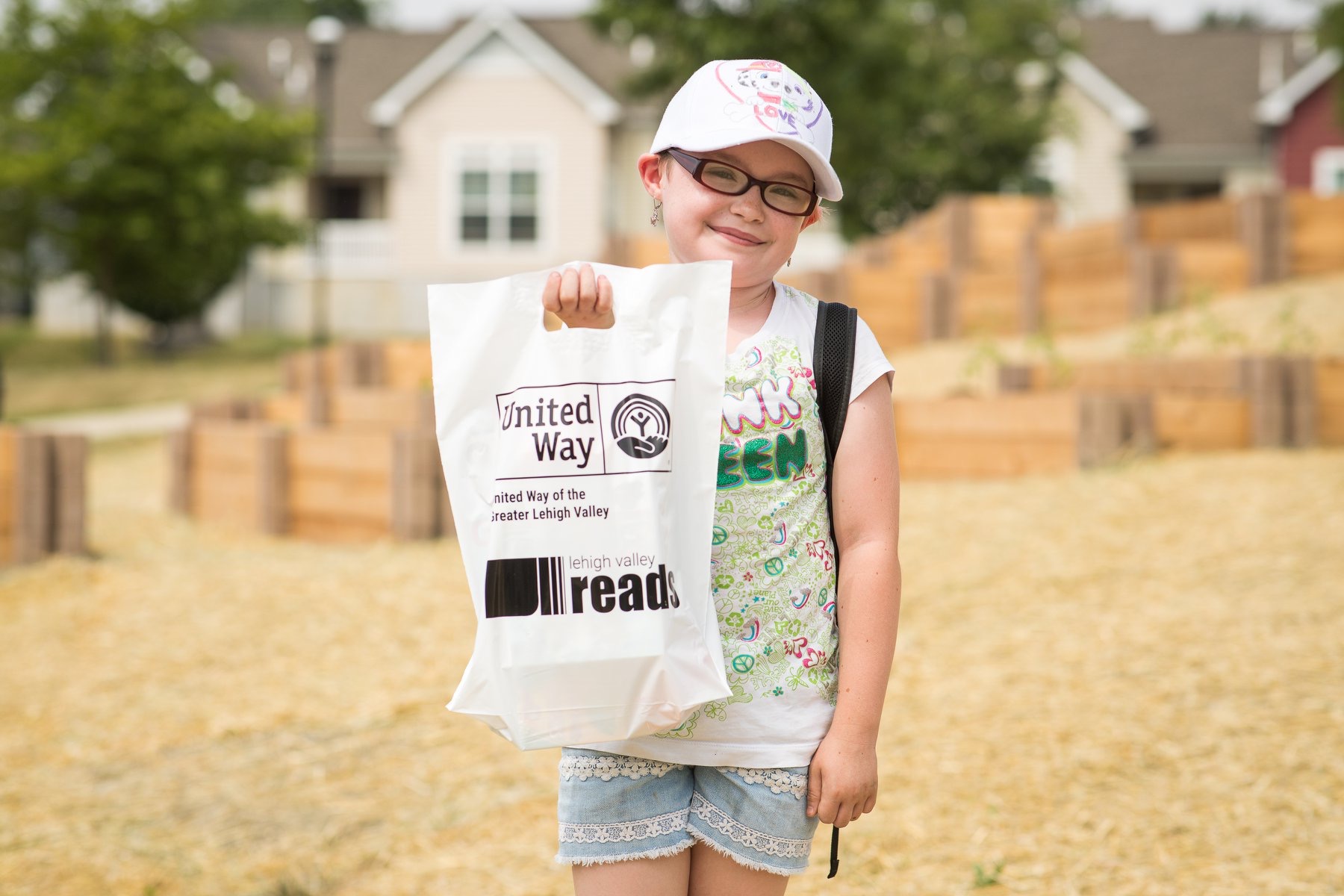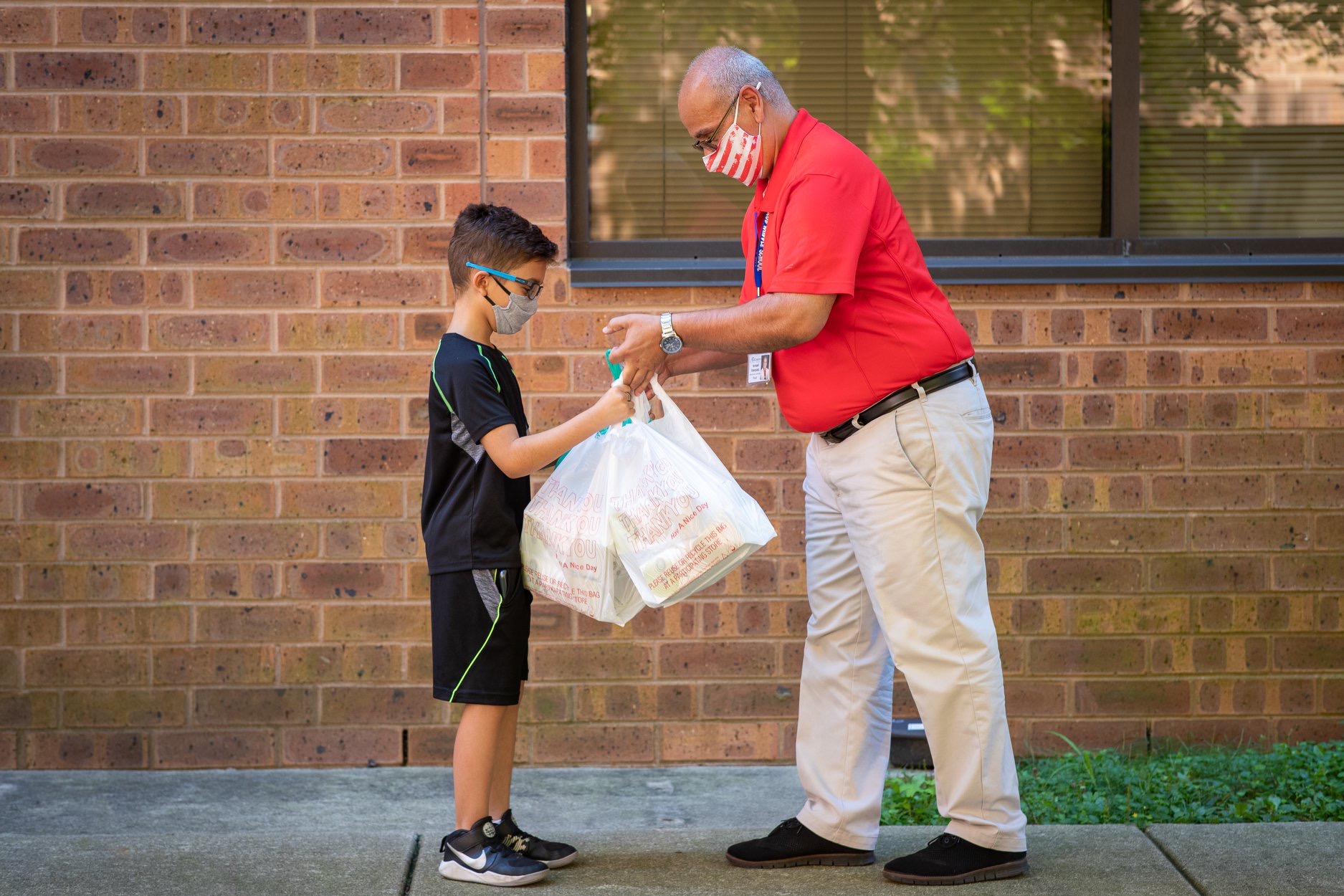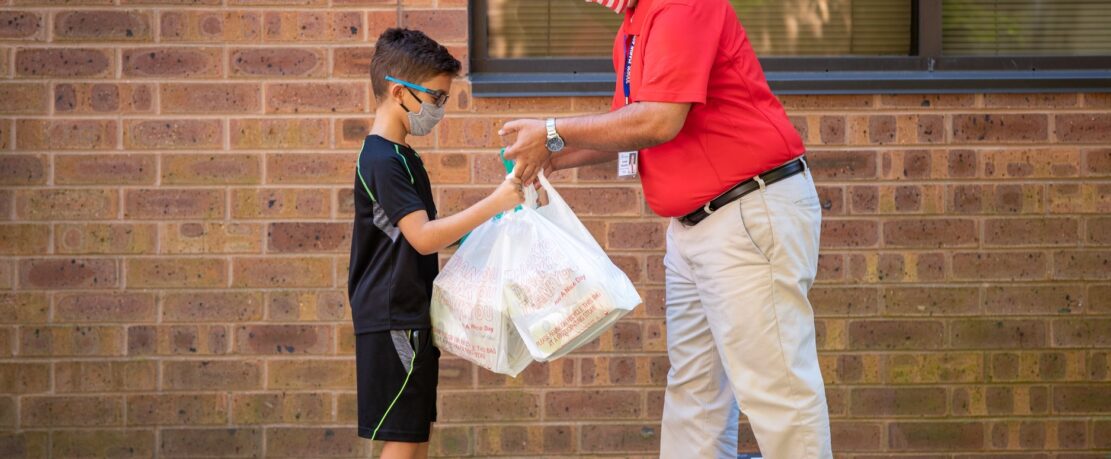Childhood trauma is sadly way too common. While traumatic events can happen at any time in our lives and have a lasting, negative impact, these events have the most significant impact when they occur during childhood, when the young mind and body are still developing. If traumatized children and teens have healthy coping mechanisms to process stress, like mindfulness practices, and have at least one relationship with a safe and supportive adult, they are better equipped to build resiliency and heal from past traumas. This is one reason why it is important to connect youth with high-quality summer learning programs and camps. And why summer learning providers – as well as all other educators and all those who work with youth – should be equipped with the skills, knowledge, and confidence to adopt and integrate trauma-informed and culturally responsive mindfulness practices into daily classroom routines.

This year, our summer learning community’s priority is welcoming back students and preparing them for a back-to-school fall transition. Summer learning opportunities throughout the Greater Lehigh Valley include school-based and community-based program options including Science, Technology, Engineering, Art, Mathematics (STEAM), athletics and recreation, youth and social development, and more.
Thanks to United Way of the Greater Lehigh Valley funding, Resilient Lehigh Valley and the Lehigh Valley Summer Learning Coalition partnered with the Pratyush Sinha Foundation to offer the Mindful Education System’s Trauma-Informed Mindfulness for Educators (TIME) program spring and summer sessions. Lehigh Valley educators will conduct summer learning programming that’s vital to ensuring our students are supported academically and social-emotionally.
Mindful Education System is a research-based 6-hour trauma-informed mindfulness experience focusing on:
- Essential self-care and daily practices
- Understanding, identifying, and supporting trauma survivors, including ourselves
- Historical and Racial Trauma and supporting healing and difficult discussions
- Science-based brain research supporting mindfulness and our brain’s healing capabilities
- Exploring challenging emotions, including those caused by the pandemic, supporting self-regulation, and a common language to discuss emotions
- Integrating mindfulness into your life and your classroom or program
As a result of real-life experience working for more than eight years in schools with 50–70% of BIPOC students, Mindful Education System trainers witnessed how systemic inequities create a great divide in understanding the needs of these students and schools.

“Adopting a trauma-informed and culturally responsive mindfulness approach helps build safe and authentic relationships with youth and is key to helping students regulate their emotions in healthy ways,” said Beth Tomlinson, Senior Director of Education, United Way of the Greater Lehigh Valley and lead staff for Resilient Lehigh Valley. “United Way of the Greater Lehigh Valley and Resilient Lehigh Valley are proud to partner with an organization that empowers educators and staff with mindfulness education that fosters productive mindsets and trauma-informed environments. We’re excited to offer summer opportunities that help underprivileged children continue to thrive even when school’s out.”
As schools break for the summer, students tend to lose 2-3 months of learning and valuable time with schools and educators whoprovide traumatized youth a safe, stable, and predictable environment and relationships with caring adults. Summer learning programs and camps are valuable tools for preventing the “Summer Slide” and are essential for meeting the child’s social-emotional and relational needs. This year, students are more likely to be 5-9 months behind academically due to a “Covid Slide” and more social, emotional, and mental health challenges, dramatically increasing the need for trauma-informed professionals.
and more social, emotional, and mental health challenges, dramatically increasing the need for trauma-informed professionals.
Summer learning positively impacts childrens’ academic and social-emotional development by providing structure to their summer experiences, making them more likely to stay engaged and focused. It also helps maintain their intellectual growth and, in some cases, makes it possible for them to get ahead. According to the United Way of the Greater Lehigh Valley, low-income students not engaged in summer learning fall 2–3 grade levels behind their peers by the end of 5th grade.
Seven Lehigh Valley summer learning community providers are expected to attend or have attended TIME training this summer, including:
- The James Lawson Freedom School
- Boys and Girls Club of Easton
- The “Summer Meals” site at Lehigh Valley Health Network at 17th and Chew Street Hospital,
- Unidos
- Greater Valley YMCA – Bethlehem
- Community Services for Children
- ArtsQuest
All named partners are providing meals and learning activities for at-risk youth this summer.
More information about Mindful Education System’s TIME classes can be found here. To learn more about summer learning, click here.
Photo credit: Marco Calderon Photography


